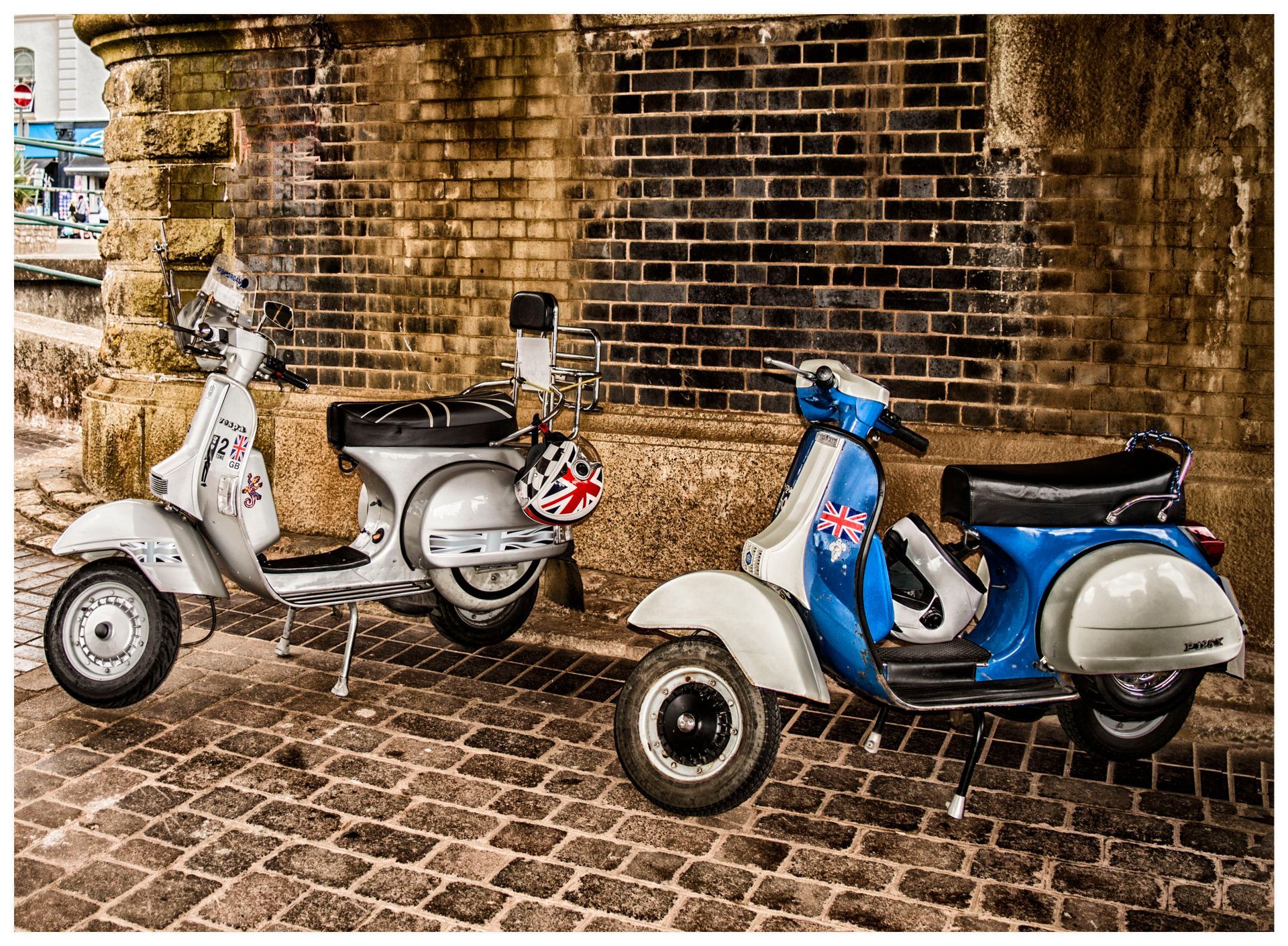By site-GFjKJg
•
February 27, 2024
Are you a foreigner dreaming of cruising down California's scenic highways on a motorcycle? If so, you're not alone. California's diverse landscapes and vibrant motorcycle culture make it an enticing destination for riders from around the world. However, before you can hit the road, you'll need to obtain a California M1 motorcycle license. Here's a comprehensive guide to help you navigate the process. Step 1: Understand the Requirements Before you can apply for a California M1 motorcycle license, you must meet certain eligibility criteria. These requirements typically include being at least 18 years old, possessing a valid foreign driver's license (if applicable), and passing a written knowledge test and a motorcycle skills test. Step 2: Study the California Motorcycle Handbook Familiarize yourself with California's traffic laws, rules, and regulations by studying the California Motorcycle Handbook. This comprehensive guide covers everything from safe riding practices to motorcycle-specific laws. It's an invaluable resource that will help you prepare for the written knowledge test. Step 3: Obtain a Temporary Instruction Permit (TIP) To practice riding a motorcycle in California, you'll need to obtain a Temporary Instruction Permit (TIP). Visit your local Department of Motor Vehicles (DMV) office and bring your valid foreign driver's license, proof of identity, and proof of California residency (if applicable). You'll also need to pass a vision test and pay the required fee. Once you have your TIP, you can legally practice riding under certain restrictions. Step 4: Schedule and Pass the Written Knowledge Test Once you feel confident in your knowledge of California's motorcycle laws and regulations, schedule a written knowledge test at your local DMV office. The test will assess your understanding of road signs, traffic laws, and safe riding practices. If you pass the test, you'll receive a California Motorcycle Learner's Permit. Step 5: Practice Riding and Gain Experience With your Motorcycle Learner's Permit in hand, it's time to hit the road and practice riding. Remember to adhere to the restrictions outlined in your permit, such as riding only during daylight hours and without passengers. Take this time to build your confidence and skills as a motorcyclist. Step 6: Schedule and Pass the Motorcycle Skills Test Once you've gained sufficient experience and feel ready, schedule a motorcycle skills test at your local DMV office. During the test, you'll demonstrate your ability to safely operate a motorcycle, including starting, stopping, turning, and maneuvering through various traffic scenarios. If you pass the test, congratulations! You'll receive your California M1 motorcycle license. Conclusion Obtaining a California M1 motorcycle license as a foreigner may seem like a daunting task, but with the right preparation and guidance, it's entirely achievable. By understanding the requirements, studying the necessary materials, and gaining practical experience, you'll be well on your way to enjoying the freedom of riding on California's roads. So gear up, follow the steps outlined in this guide, and get ready to embark on your two-wheeled adventure in the Golden State! Safe riding!The body content of your post goes here. To edit this text, click on it and delete this default text and start typing your own or paste your own from a different source.











